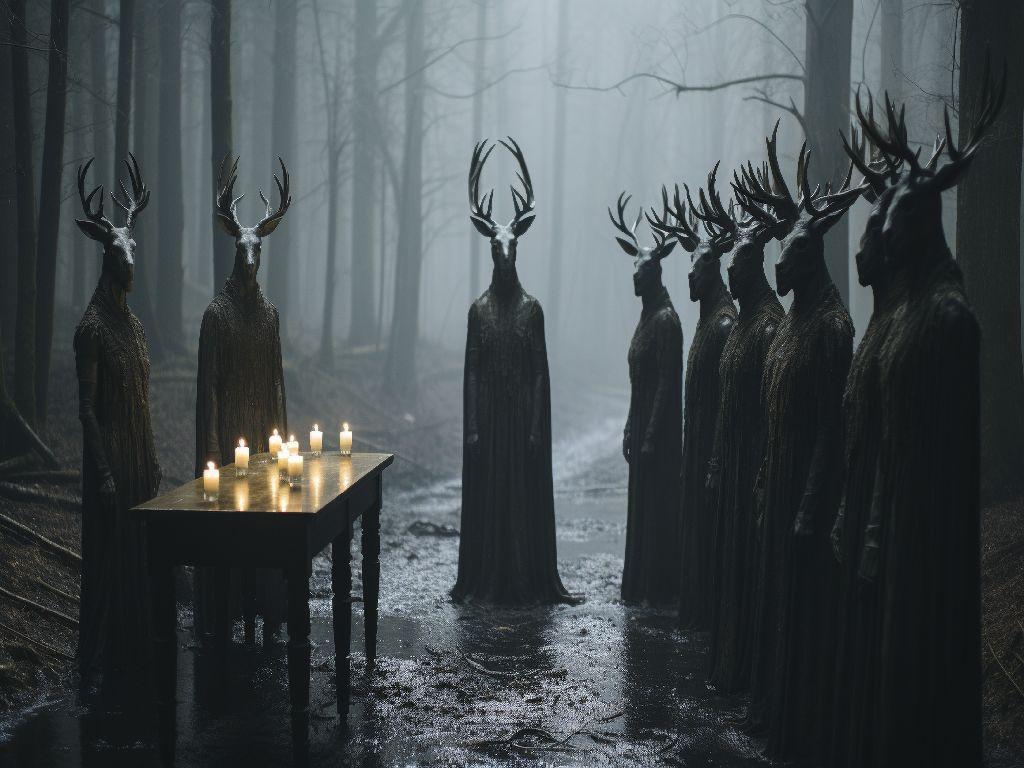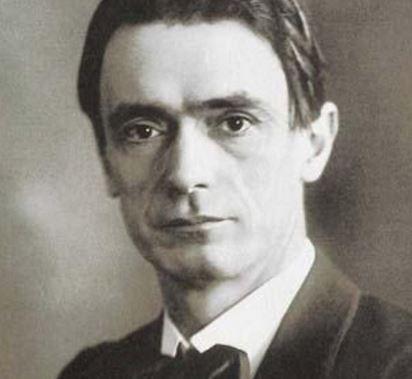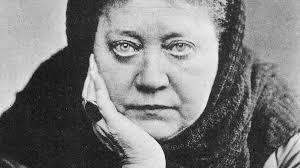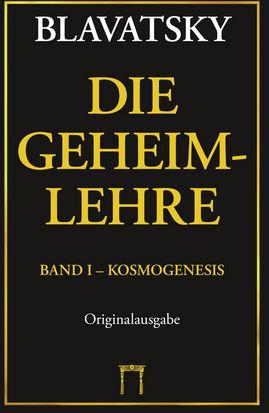Occultism

Occultism
Esotericism / Secret Knowledge / Magic / Mysticism
Definition:
Occultism (from Latin occultus = “hidden, secret”) refers to the study and practice of hidden forces, secret teachings, and magical traditions beyond the scope of ordinary perception and mainstream science. It encompasses a wide range of practices and philosophies aimed at understanding and working with unseen realities.
Key Characteristics:
-
Quest for hidden wisdom about nature, the cosmos, and the spirit
-
Involvement with magic, symbolism, ritual, Hermeticism, alchemy, astrology, Kabbalah
-
Knowledge is seen as esoteric and initiatory – reserved for the “initiated”
-
Focuses on both spiritual understanding and practical manipulation of subtle forces
Historical Development:
-
Antiquity: Hermetic writings, Egyptian and Greek mystery religions, Babylonian magic
-
Middle Ages: Alchemy, astrology, Jewish and Christian mysticism, secret magical texts
-
Renaissance: Flourishing of Hermetic philosophy (Ficino, Agrippa, Giordano Bruno)
-
19th Century: Rise of occult movements – Theosophy (Blavatsky), Eliphas Lévi, Golden Dawn
-
20th Century: Modern esoteric orders, Aleister Crowley, Anthroposophy, New Age revival
Occult Practices:
-
Magic and ritual work
-
Astrology, divination, Tarot, runes
-
Alchemy and Hermetic philosophy
-
Spiritualism and communication with the dead
-
Mystery schools and initiation rites
Relation to Esotericism:
-
Esotericism = broad term for hidden wisdom and spiritual worldview
-
Occultism = a branch emphasizing practical techniques, ritual, and magical systems
-
They overlap, but occultism is often viewed as the “technical” side of esoteric knowledge
Reception & Criticism:
-
Condemned by religious institutions as dangerous or demonic
-
Rejected by Enlightenment rationalism as superstition
-
Revived in Romanticism and modern spiritual movements
-
In popular culture, often associated (sometimes falsely) with witchcraft, secret societies, or Satanism
-
In spirituality, interpreted as a path to hidden wisdom and transformation
Symbols:
-
Pentagram, Hexagram, Ankh, Kabbalistic Tree of Life
-
Number symbolism, sigils, magical alphabets (e.g., Theban script)








